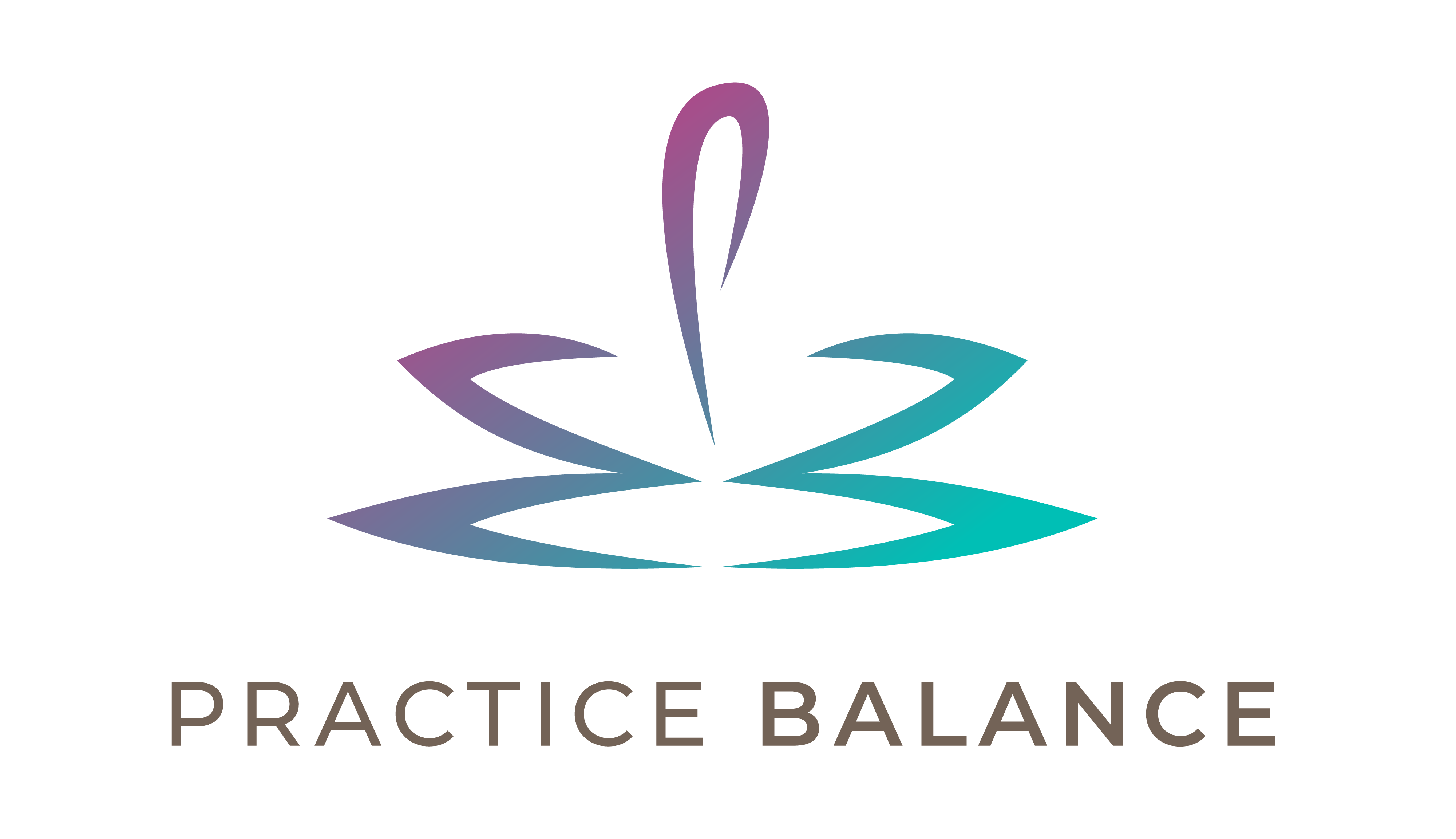The Backstory
My family knows, friends close to me know, and some colleagues know. People who happen to catch random posts on the internet know. For the past couple years, we’ve been trying to have another child through surrogacy.
After complications I suffered at the end of my pregnancy with my daughter (now 6), I knew that I would not be pregnant again. Yet we had some embryos still in frozen storage. Years went by… and there would be these embryos. We’d talk on and off about what to do with them, but it took a while for me to get granular on the idea of surrogacy.
It wasn’t that I was against surrogacy, I just wasn’t sure I really wanted another child badly enough to go through the long, costly and complex process. Until one day, while watching Aspen sleep in the early morning darkness, it hit me.
We could do this. Why not? What had I been waiting for?
Then COVID happened, life and work changes happened, and it was forced to the back burner. When we began looking in earnest for a gestational carrier (GC), there still weren’t many carriers available. I searched for months through agencies, in private Facebook groups, and even by word of mouth through friends and acquaintances.
Then I found her. We got along so well on an initial phone call, and when we met, we formed an immediate connection. She and her family of 5 shared a lot of our values. We would’ve become friends (despite a significant age difference) had we met at the playground. And she lived in the same city! She had wanted to be a surrogate ever since she was a young adult; she even told her future husband (now married) that he would need to accept that she was going to be a surrogate one day.

The Journey
Fast-forwarding another several months to the point when everything was in place for us to start the fertility treatments, there were a few glitches along the way. We had a cycle cancel because we realized part way through the pharmacy had filled our GC’s prescription with the wrong concentration of estrogen tablets. We then had another cycle cancelled due to improper timing with her natural menstrual cycle. The embryos I thought were stored ended up being entirely different. Turns out I only had one genetically normal embryo left.
But despite all these hurdles, us moving states this year, and having a fertility clinic that’s located in an entirely different city than both us and our GC, we finally came together at the end of June for the transfer of our one euploid embryo.
And then she was pregnant!
Until she wasn’t.
I drove 4 hours so I could be there for the first ultrasound. I sat with her in the dark clinic room and saw an all too familiar scene: an empty sac measuring small for dates. No little white bean. No heartbeat.
It was over.
The Heartbreak
I don’t have to tell you how our GC felt. I longed to unsee what we had just seen – not just for me but for her. I know how badly she wanted this to work. But instead, there was just a lot of hugging and awkward silence.
What do you say? There’s nothing to say that can make it better.
I couldn’t cry though. Of course I was sad. When I had a miscarriage all those years ago, I pretty much burst into tears on the way out the door.
Now, I was just numb. I couldn’t feel.
After leaving the clinic, I texted my husband immediately.
“Come home now,” he said. (I had planned to stay the night so I didn’t have to drive up the winding mountain road in the dark.)
“No. I don’t want to. I want to be alone,” I responded.
Then, my experience over the rest of the day is really why I write this post. I had so many different feelings, and I want to share them with you.
The Feelings
After the initial numbness and dull sadness, here’s a list of all the feelings I experienced on that day when my fertility journey finally came to an end.
Guilt – for ruining my GC’s much-desired surrogacy experience. She can move on to a different family, but I feel guilty for involving her in our one-shot deal. For the mixed relief I felt/lack of true sadness like before.
Anger – at my clinic, even though they helped me get pregnant in the first place and I had worked with them for years taking care of subsequent patients, because they messed up. They led me to believe for years that the genetically normal embryo in storage was a girl. I found out a year ago that it fact was a boy.
This anger is misplaced and futile; I know it doesn’t matter now, but a thought comes and goes in my head that says I would have acted sooner on this surrogacy thing if I had known it was a boy. And so maybe the outcome would have been different. These are ugly thoughts and feelings, but they’re honest.
Wonder – at what could have been. All the “could have beens”… What if I had never had Aspen? What would my life be like now? How would her adult life be if she had a sibling vs. being an only child? What if we had stayed in Salt Lake City? What if I had never quit that “perfect job”? What if we HAD moved, but we had never found our mountain property? Where would we be now?
Gratitude – to have simply had the opportunity to be a mother. To witness the precious life of my daughter as she develops into a young woman. During this surrogacy, out of every step in this process, even the pregnancy test and viability ultrasound, I was most anxious about the possibility that we would show up for the embryo transfer after all the time and energy spent to find out that it didn’t survive the thaw. That we wouldn’t even get the chance to try.
I’m so grateful we were able to make this try for another child. We had the means, we found a GC that we love, we got through all the red tape and the mock cycles and the canceled cycles and everything.
Contentment – that inner knowing it will be ok. Our family was not incomplete. Nothing is missing. We love our family the way it is.
Human – to have felt all these feelings. To have realized them and let them flow through me.
The Lesson
TL:DR… I never used to be able to identify my own feelings. When I’d have an argument with my husband, he’d say, “What are you feeling right now?” I’d usually respond with an exasperated, “I don’t know!” Or the response would be just basic: mad, sad, or frustrated.
In fact, lots of people have trouble identifying their feelings beyond Happy, Sad, or Mad. Yet the study of affect labeling tells us that even the mere identification of our feelings can help us mitigate our brains’ reactions to them.
The next time you face an overwhelming or difficult situation, maybe you could try spending some time by yourself. A few hours or half a day could do it. See what feelings come up for you. (If you have trouble identifying them, use a feelings wheel). Write them down. Where do they come from? Are the thoughts behind them true? You’ll feel better merely from their identification.

*The End
Yes, this marks an end to our family building (with people, anyway). It’s the end of my personal fertility journey, which has actually been going on for more than 10 years. (Did you know that a fertility workup which started in 2009 is what eventually led to the diagnosis of my brain tumor?)
But it’s not truly the end of my relationship with infertility. I still plan to continue advocating, speaking on infertility awareness in the healthcare workplace, and coaching other women physicians navigating infertility diagnoses. It’s a long and very important road for anyone involved, and I’m still here for it.



 An Appeal to Physicians to Normalize Infertility
An Appeal to Physicians to Normalize Infertility

Dr. Baker,
Your story of heartbreak and journey through your complex emotions is a lesson for us all. Your profound emotional intelligence in dealing with your experience was inspiring. That you will continue to educate and advocate on fertility issues after your own experience is truly honorable. (I heard you on White Coat Investor podcast discussing infertility issues in the women physician population)
I recently published FERTILITY: Why Microbes, Weight & Nutrition Matter (https://amzn.to/3zc9hfX). May I send you a copy?
The book addresses the interface between microbes (dysbiosis), weight (soaring obesity rates) and nutrition (worsening Western diets), and infertility. As you are well aware, many more people are seeking help with fertility these days for a variety of reasons. Age is a big one but the aforementioned “lifestyle” factors are also involved and present actionable targets for improving outcomes.
My comprehensive investigation—many hundreds of studies from peer-reviewed journals and other respected sources were scoured—led to optimism that fertility can be improved. Probiotics, simple diet changes, and/or nutritional supplements are among the evidence-based suggestions that may enhance natural or assisted fertility.
This book is unique because it explores the latest research in both men and women. Dietitians, doctors, and nurses who work in these areas will find the compiled information invaluable in their practices, with the assurance that it is based only on trustworthy sources.
Let me know if and where I can send a copy or if you prefer, an Ebook.
Thank you,
Clare Fleishman MS RDN
http://www.ProbioticsNow.com
Bridging the gap between science and health.
Clare, I’m just now seeing this comment; I’m sorry for the late reply! Yes please do send me your information. You can contact me via email through my website. Thank you